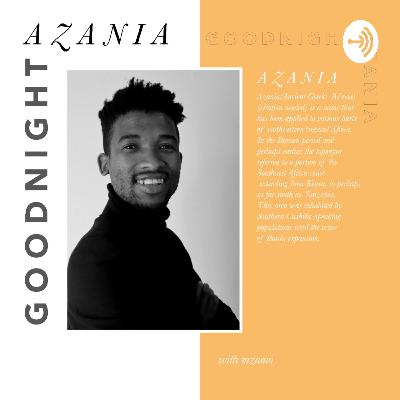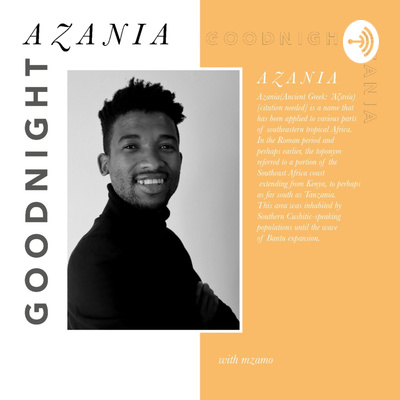Episode 13: Xhosa iiMbongi and the Literature of Mzansi
Description
The past episodes of formal history have proven to us that the approach of social history is sometimes unable to go beyond its broad categories, to reach down to what I can call the human heart. I suppose this could be partly because there would be so many human hearts to consider such that the task would simply become impossible because people die with their thoughts and words, that is the nature of life. Every generation of humanity however has their fair share of artists, however, people who dare to raise a giant mirror to the society in which they find themselves, to depict it for what it is, not how it wishes to see itself.
We have looked, in the past few weeks, at the artistic practices who identified themselves as Khoekhoe and San. While the picture that emerged was certainly fragmentary at best, they allowed renewed and refreshed accessed to a period that we have explored before with formal historians. The discerning listener would have noted that in this exploration we were guided by the route followed by the book in the development of 19th century South African life. From the Cape of Good Hope, towards the Eastern boundaries of the frontier. Today’s episode will be continuation of that journey, in that case. We will look at iimbongi of isiXhosa-speaking communities in 19th century South Africa and how these evolved over time.
To help us unpack all these questions we are joined by Russell Kaschula.
Russell is a Professor of Languages at the University of the Western Cape. His research is multidisciplinary in the sense that it covers both linguistic and literary issues. He is particularly interested in matters pertaining to Applied Language Studies, Sociolinguistics, Education, Second Language Acquisition and Multilingualism. He also has a special interest in Intercultural Studies as well as literature. Most of his literary research is located within oral and written isiXhosa literary studies as well as Applied Language Studies. However, He is also a creative writer and has written novels and short stories in both isiXhosa and in English.
He supervises many students, and his supervisory role has covered topics in Applied Language Studies, Literature as well as pure linguistics. The main emphasis has however been Applied Language Studies involving language in the workplace issues, language policy and implementation issues as well as language in education. He has also supervised a number of literary postgraduate research topics.
Russell has taught at tertiary level since 1988 when he was appointed as a Junior Lecturer. Since then, he has taught at five South African universities and at an institution in the United States of America. He has teaching experience at both undergraduate and postgraduate levels. Russell has also held leadership positions at a number of institutions, including the University of Cape Town and Rhodes University. He was previously Head of the School of Languages, administering six different language sections with a total of thirty full-time lecturers and eight hundred and fifty students. He has held the seconded position of NRF SARChI Chair: Intellectualisation of African Languages, Multilingualism and Education.






